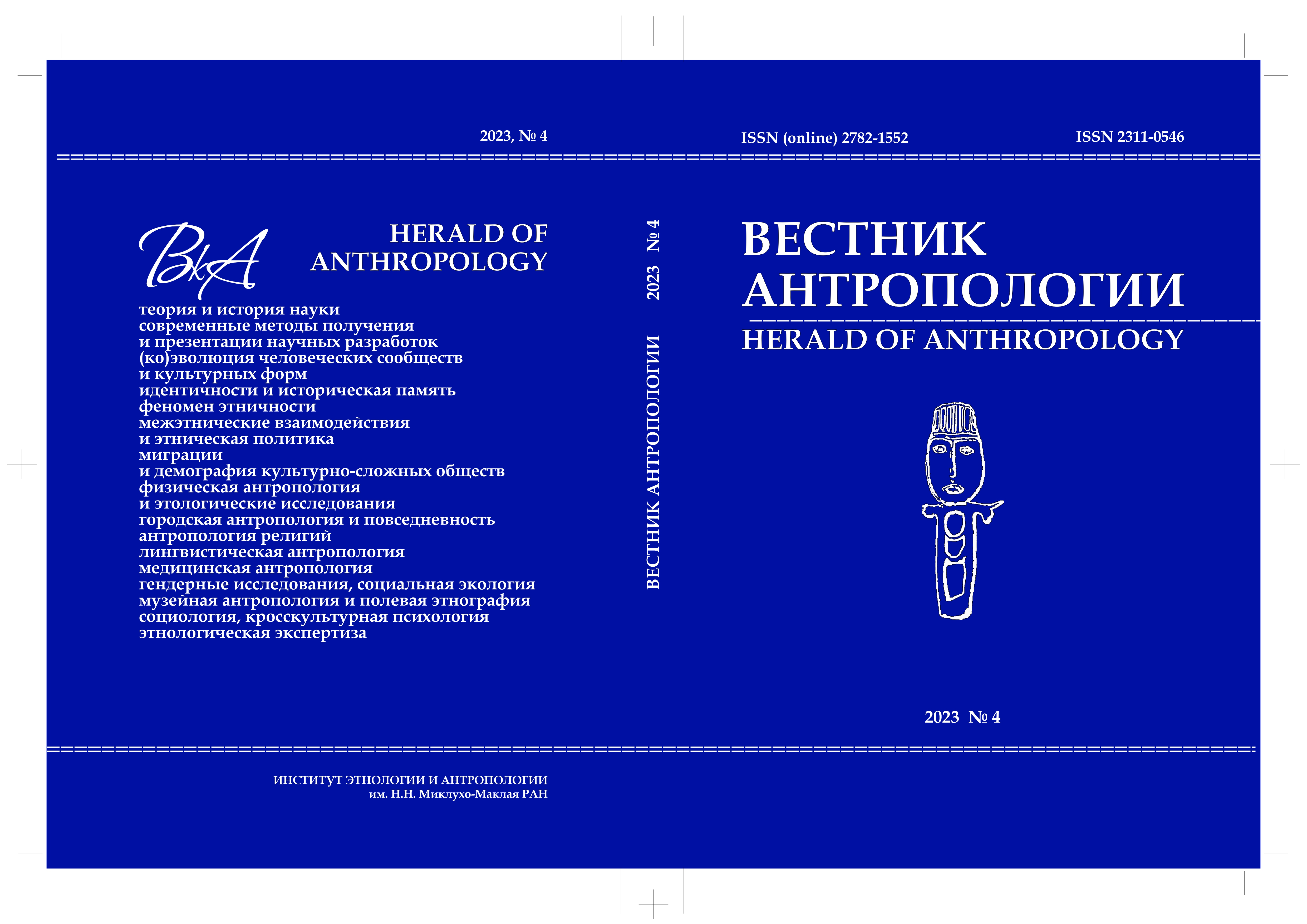Lifelong Education with Ethno-Cultural Component: Narratives on the Preservation of Folk Traditions by Villagers of Bashkortostan
DOI: 10.33876/2311-0546/2023-4/285-297
Keywords:
Bashkiria, ethnocultural education, rural residents, folk culture and traditions, ethnocultural self-educationAbstract
The article analyzes the education with ethnocultural component in the adult population of Bashkortostan. The author aims to understand how the pedagogical process of ethnocultural education at school continues in the adult life of an individual. The rural population is chosen as the object of study because, compared to city dwellers, they have limited access to many sources of information (such as theaters, concerts of folklore groups, libraries, etc.). Rural life is less subject to modernization; at the same time, it is obvious that modern mobility of the population, technological progress and other innovations are gradually erasing the boundary between the city and the countryside. How is ethno-cultural knowledge transmitted and how do rural people influence the preservation of folk culture and traditions? Much attention is paid to the process of intergenerational transmission of information about traditional values. Based on in-depth interviews conducted during ethnographic expeditions in the Republic of Bashkortostan in 2021, 2022, and 2023, the author concludes that the rural population of different ages is interested in receiving ethnocultural knowledge, while the village faces a shortage of qualified personnel and sites.





















